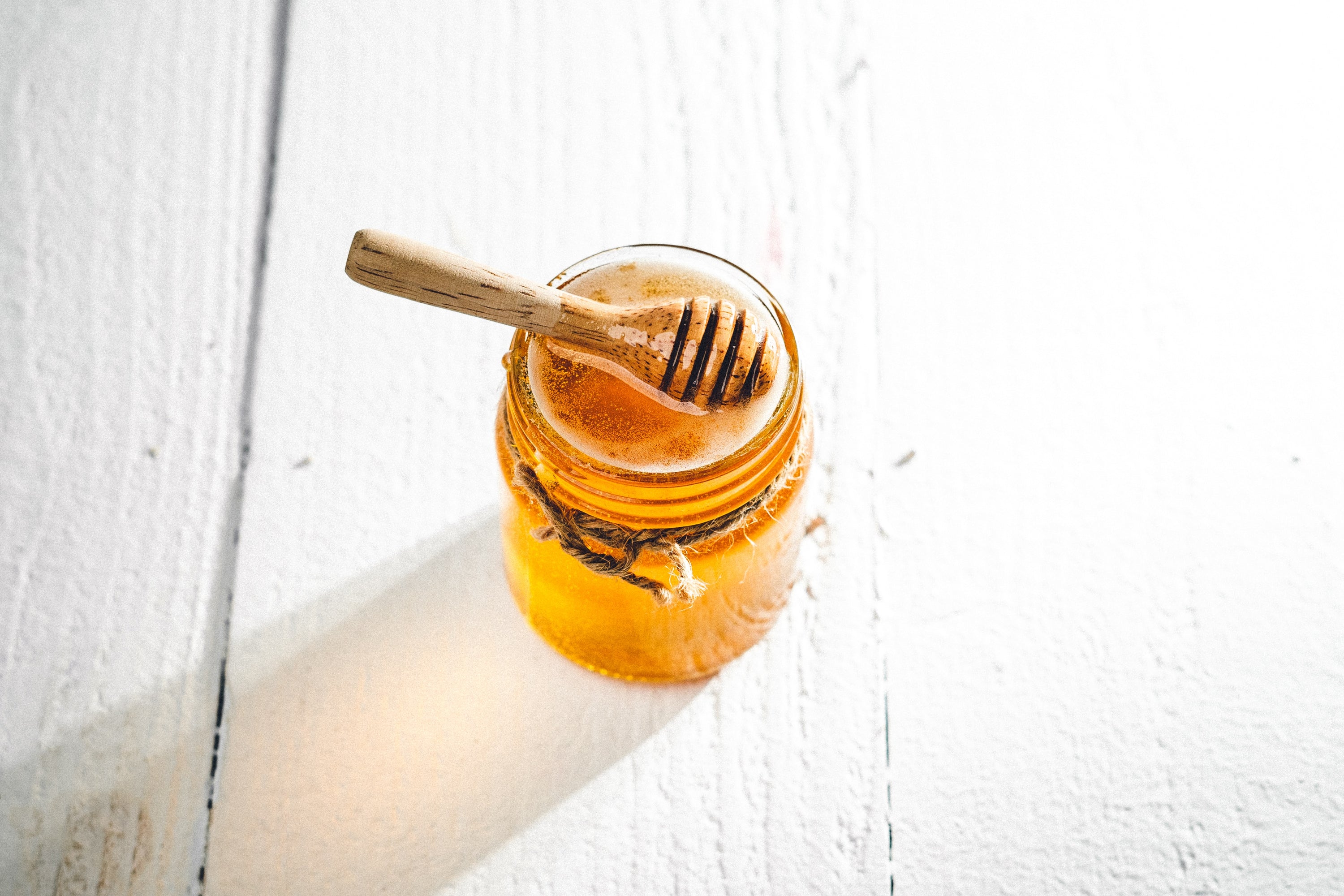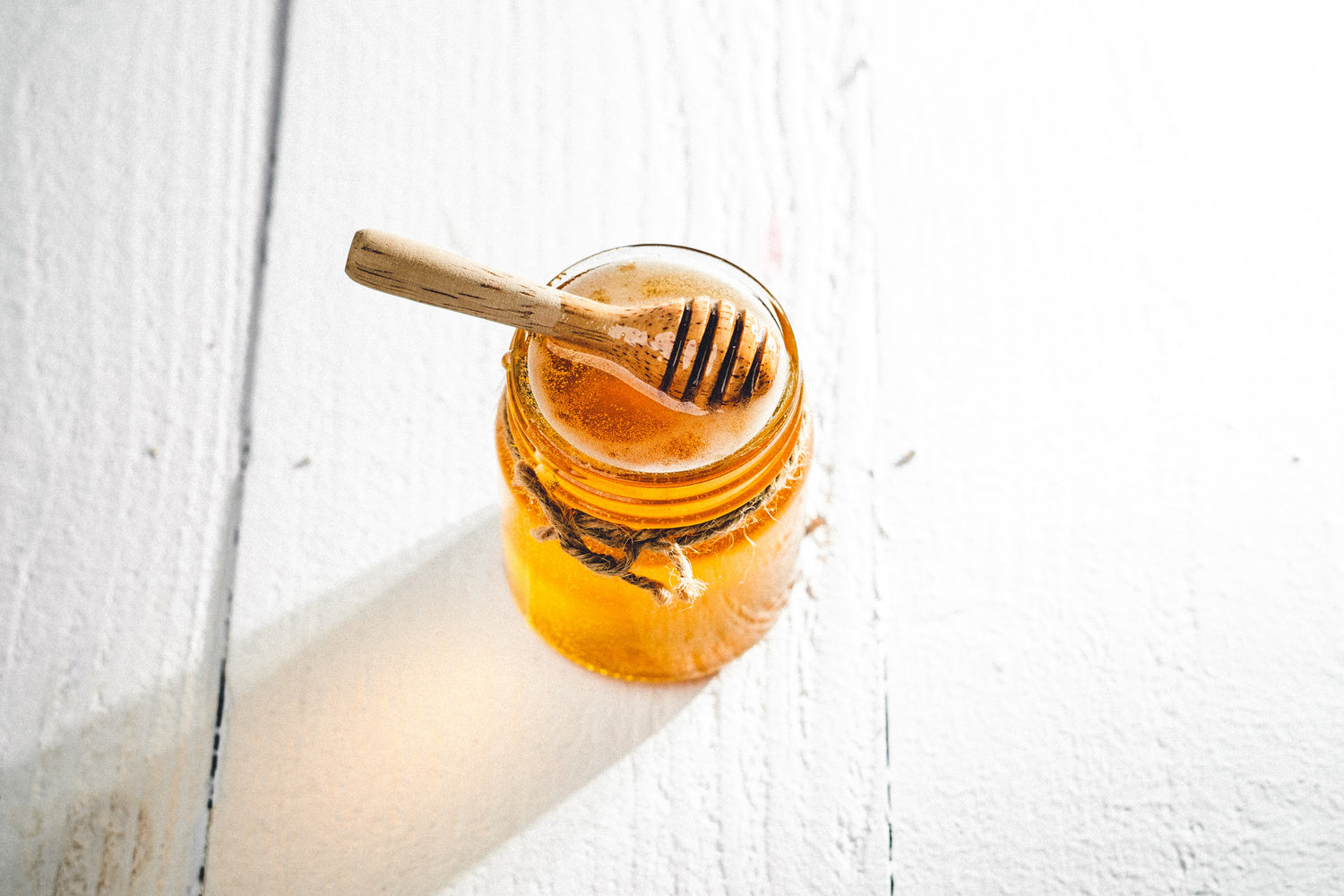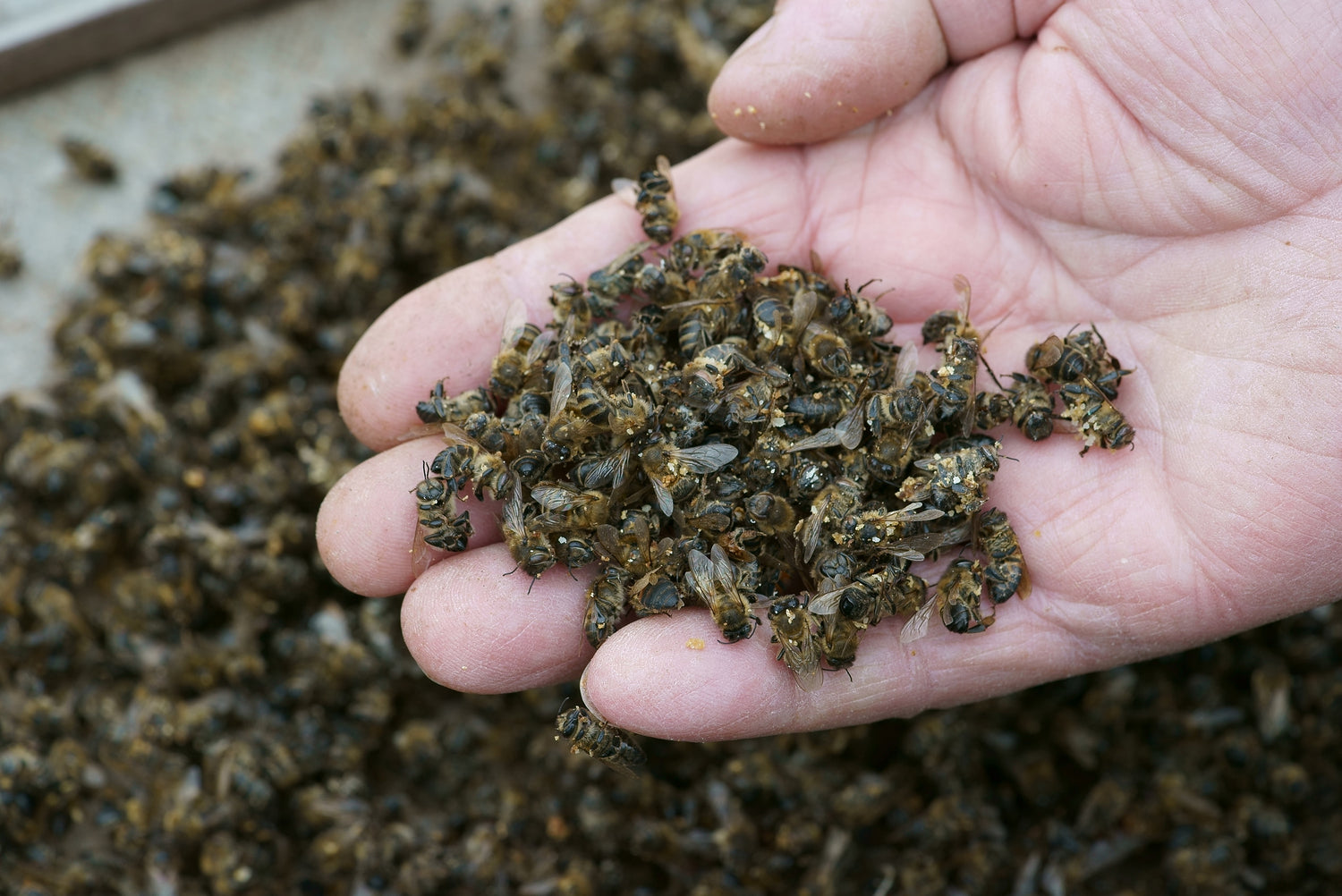Healthful Honey: A Beekeeper's Guide to Well-Being
Beyond its delightful taste, honey emerges as a potent source of health benefits, a revelation from numerous studies highlighting its therapeutic potential. The article unravels honey's antioxidant, anti-inflammatory, antibacterial, antidiabetic, respiratory, gastrointestinal, cardiovascular, and nervous system protective effects. Despite a wealth of research, only a fraction has been published, emphasizing the need for a comprehensive review to illuminate honey's therapeutic benefits in disease management.
Antioxidant Buzz: Harnessing Honey for Health
Key among honey's health benefits lies its potent antioxidant properties, a beekeeper's secret to combating free radicals and preventing cellular damage. Delve into the diverse range of antioxidants in honey, including flavonoids and polyphenols, positioning it as a natural defense against oxidative stress.
Honey as Nature's Anti-Inflammatory Agent
Inflammation, a double-edged sword in the body's defense mechanism, finds a natural adversary in honey. Uncover honey's anti-inflammatory properties and the bioactive compounds, such as bee pollen and propolis, contributing to its effectiveness in conditions like arthritis and inflammatory bowel diseases.
Honey's Antibacterial Wonders
Recognized since ancient times, honey's antibacterial properties take center stage in wound healing and infection prevention. The low water content and acidic pH create an inhospitable environment for bacteria, while honey's production of hydrogen peroxide enhances its antibacterial capabilities. Witness honey's efficacy in wound care demonstrated in modern medical settings, showcasing its relevance in contemporary healthcare practices.
Beekeeping Sweetness for Health
For individuals managing diabetes, honey offers a sweet alternative with potential positive effects on blood sugar levels. Despite its sweetness, honey's lower glycemic index compared to table sugar ensures a slow and steady rise in blood glucose levels. Explore studies suggesting honey's role in improving insulin sensitivity, making it a potential adjunct in diabetes management.
A Beekeeper's Relief
Honey's benefits extend to the respiratory and gastrointestinal systems, offering relief for conditions such as coughs, colds, and digestive issues. Its soothing properties make it a popular choice for alleviating sore throats and coughs, while its antimicrobial effects combat infections in the respiratory tract. In gastrointestinal health, honey's potential in managing issues like acid reflux and gastritis comes to the forefront.
Beekeeping for Holistic Health
Recent research spotlights honey's protective effects on the cardiovascular and nervous systems. Its antioxidant and anti-inflammatory properties contribute to cardiovascular health, potentially reducing the risk of heart disease. Moreover, honey's neuroprotective effects show promise in mitigating the impact of neurodegenerative diseases, offering a natural avenue for brain health.
Unveiling the Beekeeper's Treasure
In conclusion, honey emerges not only as a delectable addition to our culinary repertoire but also as a formidable ally in promoting health and well-being. From its timeless use in ancient civilizations to its modern-day applications in wound care, diabetes management, and beyond, honey's journey through human history is as rich and diverse as its flavor. As we unlock the secrets of this golden elixir, it becomes evident that the humble honeybee, with its diligent work in crafting this nectar of the gods, has bestowed upon us a gift that transcends the boundaries of taste to embrace the holistic well-being of the human body.





